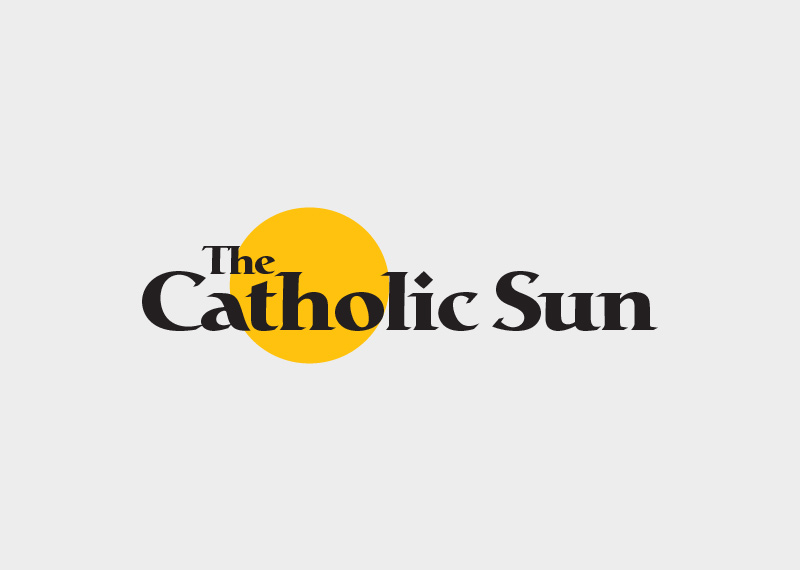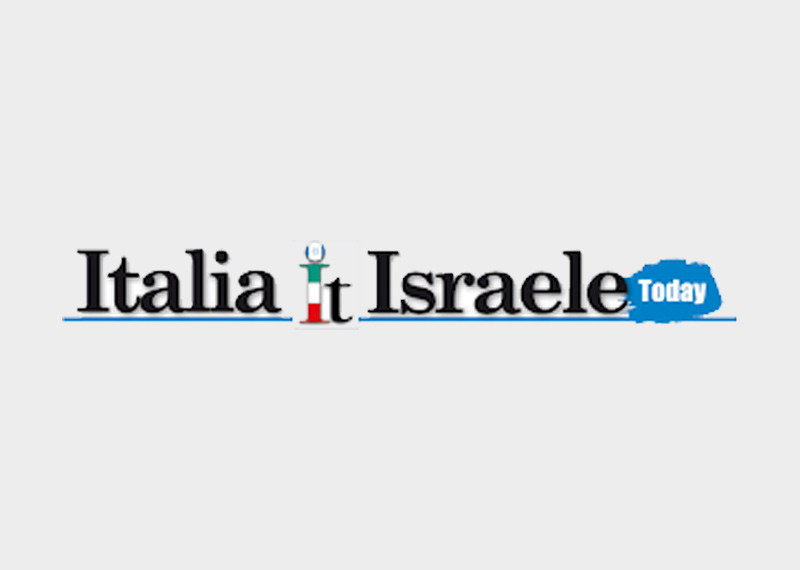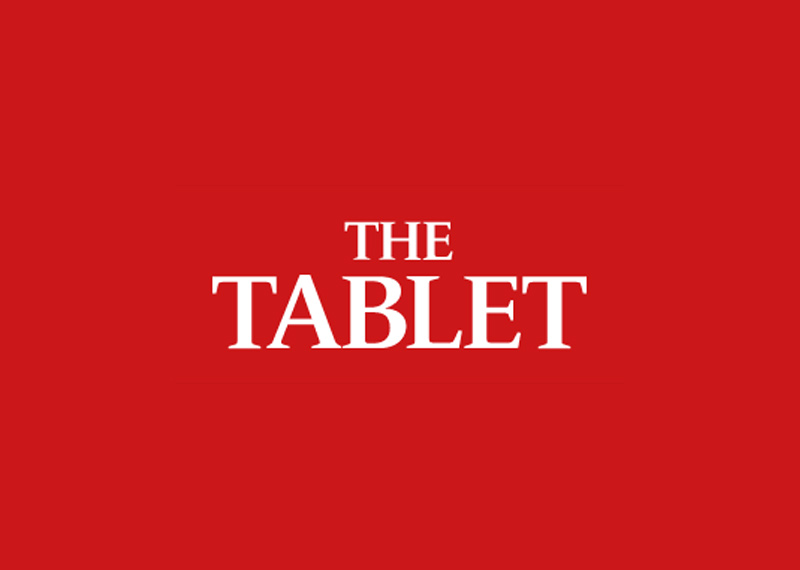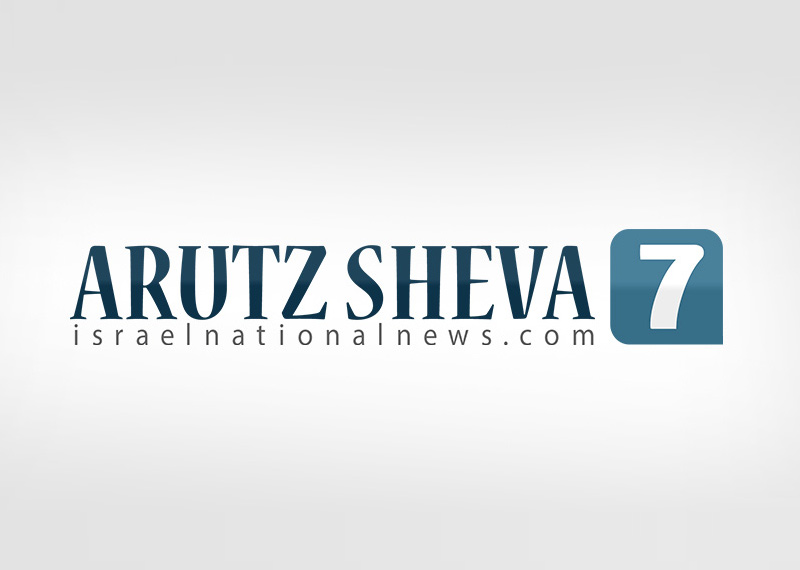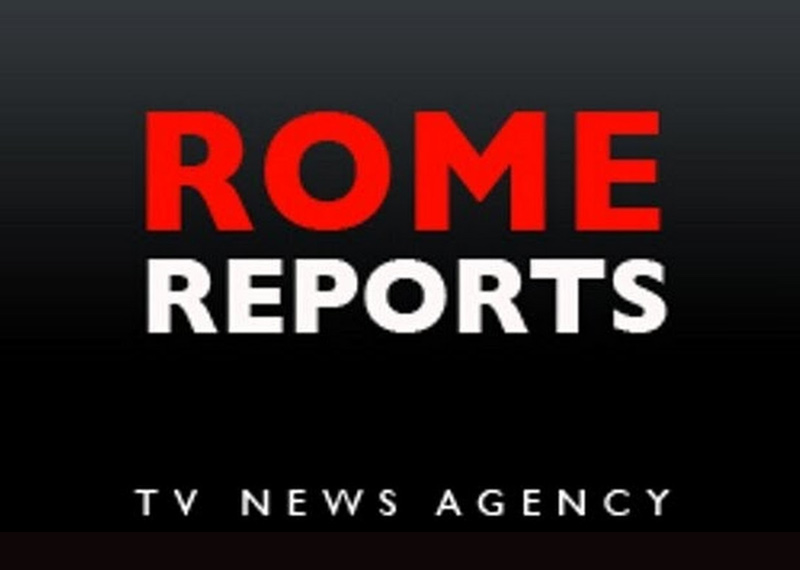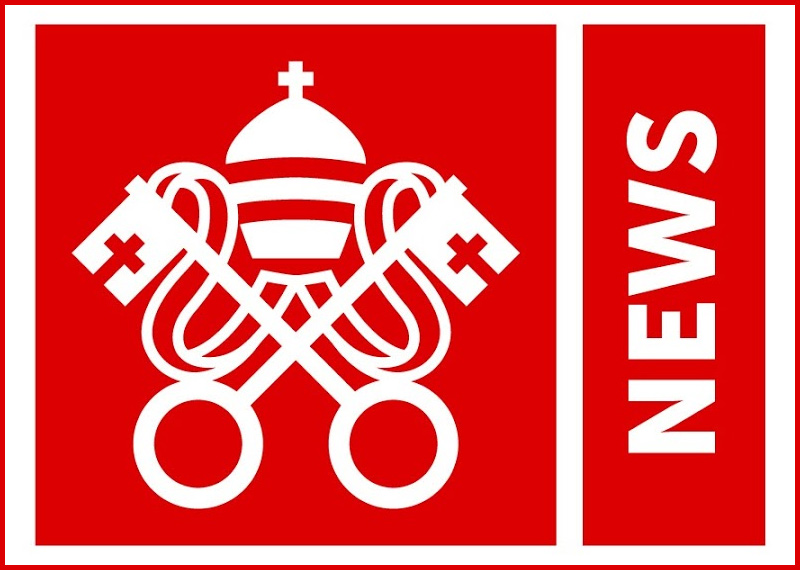What role does religion play in our modern world? What is our connection with our faith, with our heritage, and with our nationality? How do our religious beliefs affect how we see each other, what we think of outsiders, or what we think of those who think or pray differently than we do? It can’t be denied that some current events might give us reason to be pessimistic. Acts of violent extremism are attributed to certain groups, prejudices and xenophobia run rampant, there is misunderstanding and mislabeling everywhere. Some of us, under what seems like unbeatable odds, decide to do nothing. Then there are those of us who take action.
Mr. Akif Gilalov, head of the World Congress of Mountain Jews, founder and chairman of the Worlds Global Telecom, president of the ZAR group of companies, is one such person. As the head of the World Congress of Mountain Jews, he already had vast experience uniting people from different countries. Mountain Jews, also known as Caucus Jews, are Jews of the eastern northern Caucus, descendants of the original Persian Jews from Iran. The World Congress of Mountain Jews brings together mountain Jews from Israel, the USA, the Russian Federation, Canada, Azerbaijan, Germany, Austria, and Georgia, among other regions; people with a common religious background but from different places. This group is an excellent example of how religion makes connections among diverse peoples. But what about the possibility of stretching across a barrier many people believe is nsurmountable? What about joining forces with people belonging to different religions than one’s own?
Indeed, it is imperative that people recognize religion as a way to bring people together, rather than to tear people apart. The world needed an organization that provides a positive example of religions not just oexisting, but cooperating and collaborating. Mr. Gilalov has long believed in the importance of reaching across religion and culture to promote peace and mutual understanding. Thus, it was only a matter of time before United Religions came into being.
In November 2018, Mr. Gilalov met with Pope Francis in Vatican City to discuss the creation of an organization that would unite religious leaders and governments worldwide. Gilalov stated, “The idea (to call the heads of monotheistic religions for a council) has been floating around for some time because there is a tendency to see religious intolerance as a root of many conflicts all over the globe. By creating such an institution, we will show that religious beliefs have nothing to do with crimes against humanity.” The Pope wholeheartedly supported this initiative, stating at this event, “A Christian cannot be an anti-Semite; we share the same roots.” With the Pope supporting the initiative, United Religions had a powerful ally, and soon this new group started making big moves.
Strong first steps and a solid foundation have led to quick success for United Religions. Now, in 2020, United Religions is a recognized intergovernmental organization, whose headquarters are located in Geneva, Switzerland. The organization is very clear in stating its aims and its goals in cultivating mutual understanding among people of all religions, as well as supporting worldwide peace and interfaith exchanges. The organization wants to prevent and eradicate the behavior we see all too often, presently: religious ideals being used to spark ethnic conflict, extremism spreading in countries all over the globe, and xenophobia, which prevents humans from understanding and empathizing with people who are different from themselves.
United Religions aims to give governments a way to solve religious conflicts without having to resort to traditional diplomacy, which can often move too slowly, or be too tied up by bureaucracy to be effective. By uniting the spiritual leaders of various world religions, they hope to expand the potential for conflict resolution, for tolerance, for peace, and for respect among different countries, cultures, and faiths.
Furthermore, United Religions has other diverse goals and ideas for projects that will bring positive change. Besides acts which show cooperation among spiritual leaders and groups, they also wish to develop humanitarian projects, control pollution, and protect our delicate ecosystems and threatened natural environment. After all, we can’t work toward a more peaceful world without remembering the flora and fauna that might not have a voice to speak up for themselves. United Religions envisions a planet where people coexist peacefully with others and with nature.
The world is taking notice of this organization, and since its founding, it has seen an explosion of growth and recognition for its work. The aforementioned historic meeting with the Pope was covered in several news outlets by multiple faiths worldwide, from Catholics in New Zealand to Jews in Cleveland, Ohio, USA. In July 2019, the Secretary General of the Muslim World League, Dr. Mohammad Abdulkarim AlIssa, met with Mr. Gilalov (in his role as president of United Religions) to discuss shared interests and state their intent to collaborate further on future projects. On January 15th, 2020, Mr. Gilalov met with the UN Secretary General, His Excellency Mr. António Guterres, who endorsed the United Religions’ goals, giving support to their initiatives and showing confidence in the success of the group’s future projects.
One project that was tremendously successful took place recently. On January 20th, United Religions held a memorial ceremony dedicated to Holocaust Remembrance Day at the museum on the site of the former Auschwitz-Birkenau concentration camp. This event was supported by the UN Secretary General, himself, who sent them a personal video message to commemorate the historic ceremony. Mr. Guterres said in the video that any initiative to bring religious leaders together, especially in this volatile political climate, is deeply meaningful. And meaningful it was.
For the first time in history, well-known leaders of Muslim communities visited Auschwitz-Birkenau, along with other representatives of world religions: Catholics, Christian Orthodox, and Jews. Such acts of unity among Christians, Jews, and Muslims show a crucial bond that connects these groups. A display of harmony among groups who some believe are at odds with one another is critical in showing that religious tolerance can overcome extremist beliefs.
So, what is United Religions up to now? What can we look forward to seeing from them in the future? Well, they are certainly not stopping any time soon. If anything, they are just getting started. They are about to sign a Memorandum of Understanding with the Muslim World League in which both groups express their desire for mutual collaboration and development of future humanitarian projects. This has the potential to lead to further treaties between United Religions and other Arab states, as well as create a working relationship, allowing joint activities and programs. They are also planning to promote intercultural education, which would provide children an opportunity to study different histories, religions, and cultures. An amazing way to ensure that our legacy has the knowledge and understanding to avoid the same mistakes we have made, and create a productive, tolerant, and peaceful future.






